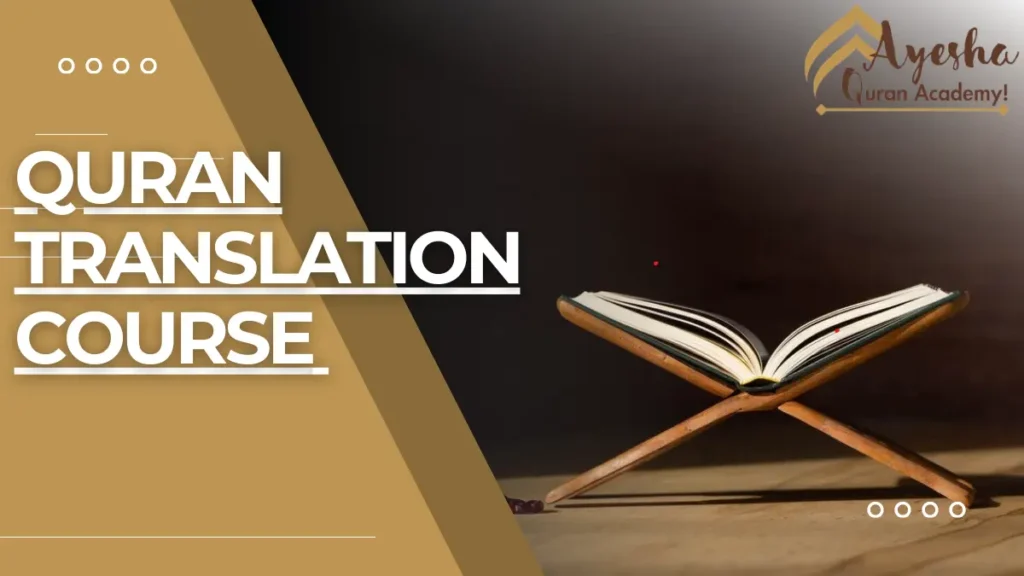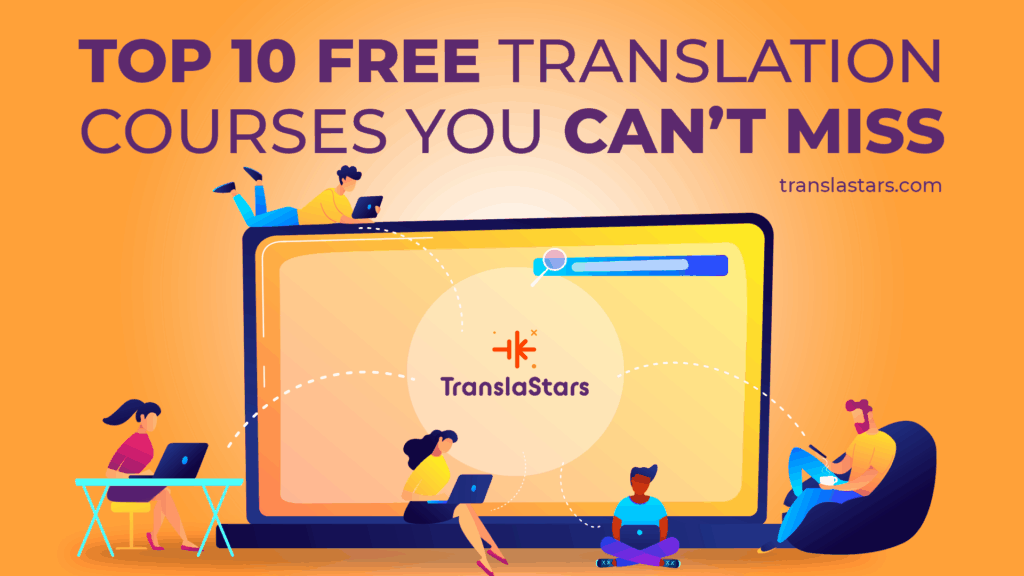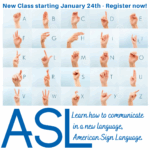My Journey into the World of Words: What I Learned from a Translation Course
You know that feeling when you love something so much, but you’re not quite sure what to do with it? That was me with languages. I adored them. The way words from different cultures could paint the same picture in a thousand unique hues fascinated me. I’d dabbled in a few, always eager to pick up new phrases, understand different ways of thinking. But for the longest time, my passion felt… unmoored. It was a hobby, a personal joy, but not a path.
Then, one rainy afternoon, curled up with a particularly beautiful translated novel, something clicked. "Someone," I thought, "made this story sing in English, just as it did in its original tongue." And suddenly, a new horizon opened up. Could I be that someone? Could my love for languages become more than just a pastime? That’s when I started looking into a Translation Course.
From Language Enthusiast to Aspiring Translator: The Big Leap
Honestly, I was a bit nervous. I spoke a couple of languages fluently. Didn’t that make me a translator already? Oh, how naive I was! The more I researched, the more I realized there was a whole universe beyond simply knowing words. It was about meaning, culture, context, and a whole lot of professional skill. Finding the right online translation course felt like a quest in itself, but eventually, I found one that resonated with me.
The first few modules were an immediate eye-opener. I remember thinking, "Wow, I thought I knew about languages, but this is a different ball game entirely!" It wasn’t just about swapping words; it was about truly understanding the spirit of a text and recreating it faithfully, beautifully, and accurately for a new audience.
Beyond the Dictionary: What a Translation Course Really Teaches You
Let me tell you, a good translation course is like getting a backstage pass to the world of communication. Here’s a peek into what I learned, lessons that transformed my casual interest into a real craft:
1. It’s More Than Just Words: The Art of Cultural Nuance
This was perhaps the biggest revelation. I used to think a dictionary was my best friend. Now, I know a good translator needs to be a cultural detective. My course taught me that a phrase perfectly acceptable in one language could be offensive or utterly meaningless in another. We delved into "localization," which is about adapting a text not just linguistically, but culturally, to make it feel natural to the target audience. Imagine translating a joke or a marketing slogan – it’s not about literal words, it’s about evoking the same feeling or impact. This skill, called intercultural communication, is absolutely vital.
2. The Power of Tools: Befriending CAT Software
Before the course, I pictured translators hunched over stacks of paper with dictionaries. Boy, was I wrong! We were introduced to CAT Tools (Computer-Assisted Translation tools). And no, this isn’t machine translation (like Google Translate, which often misses the mark). CAT tools are smart software that help human translators work more efficiently. They remember previous translations, ensure consistency, and manage terminology. Learning to use these tools was a game-changer for me, making the idea of tackling large projects much less daunting. It’s a fundamental translation skill for any aspiring professional.
3. Specialization is Key: Finding Your Niche
Another big takeaway was the importance of specialization. The course guided us through different types of translation: legal, medical, technical, marketing, literary. Each field has its own jargon, its own style, and its own set of challenges. You can’t be an expert in everything. I quickly realized my passion lay in creative and marketing texts, where I could play with words a bit more. This focus helps you become a true expert and makes you more marketable as a professional translator.
4. The Ethics of the Craft: Accuracy, Confidentiality, and Professionalism
This might sound dry, but it’s incredibly important. My translation course stressed the ethical responsibilities of a translator. You’re often dealing with sensitive information, and accuracy is paramount. A mistranslated legal document or medical instruction can have serious consequences. We learned about maintaining confidentiality, meeting deadlines, and understanding client expectations. It built a strong foundation for a responsible and reliable translation career.
5. Building Your Translator Toolkit: Research and Resources
Translators are lifelong learners and researchers. The course taught me how to effectively research terminology, use style guides, and build my own glossaries. It’s not about knowing every single word, but knowing how to find every single word and ensure it’s used correctly within its context. This is a practical skill that you’ll use every single day.
The Challenges and Triumphs
It wasn’t all smooth sailing, of course. There were assignments that felt like climbing a mountain. Texts filled with jargon I barely understood, cultural references that stumped me, and moments of doubt where I wondered if I was truly cut out for it. But with each challenge, the instructors provided insightful feedback, and my classmates offered support.
The triumphs were sweet. The first time an instructor praised my nuanced rendering of a complex sentence, or when I finally cracked a tricky idiom, it felt like a small victory. These moments solidified my belief that I was on the right path.
Life After the Course: My Translator’s Path
Completing the translation course felt like earning my wings. I wasn’t just a language lover anymore; I was equipped with the practical skills, the theoretical knowledge, and the professional mindset to actually do translation. I started building my portfolio, reaching out to potential clients, and slowly but surely, my dream began to materialize.
Today, I work as a freelance translator, helping businesses connect with global audiences, and bringing stories to life across linguistic barriers. Every project is a new puzzle, a new opportunity to learn, and a chance to use my passion in a meaningful way.
A Word to Fellow Language Lovers
If you’re like I was – a language enthusiast wondering how to turn that passion into something more – seriously consider a translation course. Whether it’s an online translation course for flexibility or a more traditional program, it will provide you with the structure, the tools, and the insights you need to truly understand the craft.
It’s not just about learning a new skill; it’s about opening up a whole new way of seeing the world, connecting cultures, and becoming a bridge between people. It’s challenging, rewarding, and endlessly fascinating. So, take the leap. Your journey into the wonderful world of words awaits!



